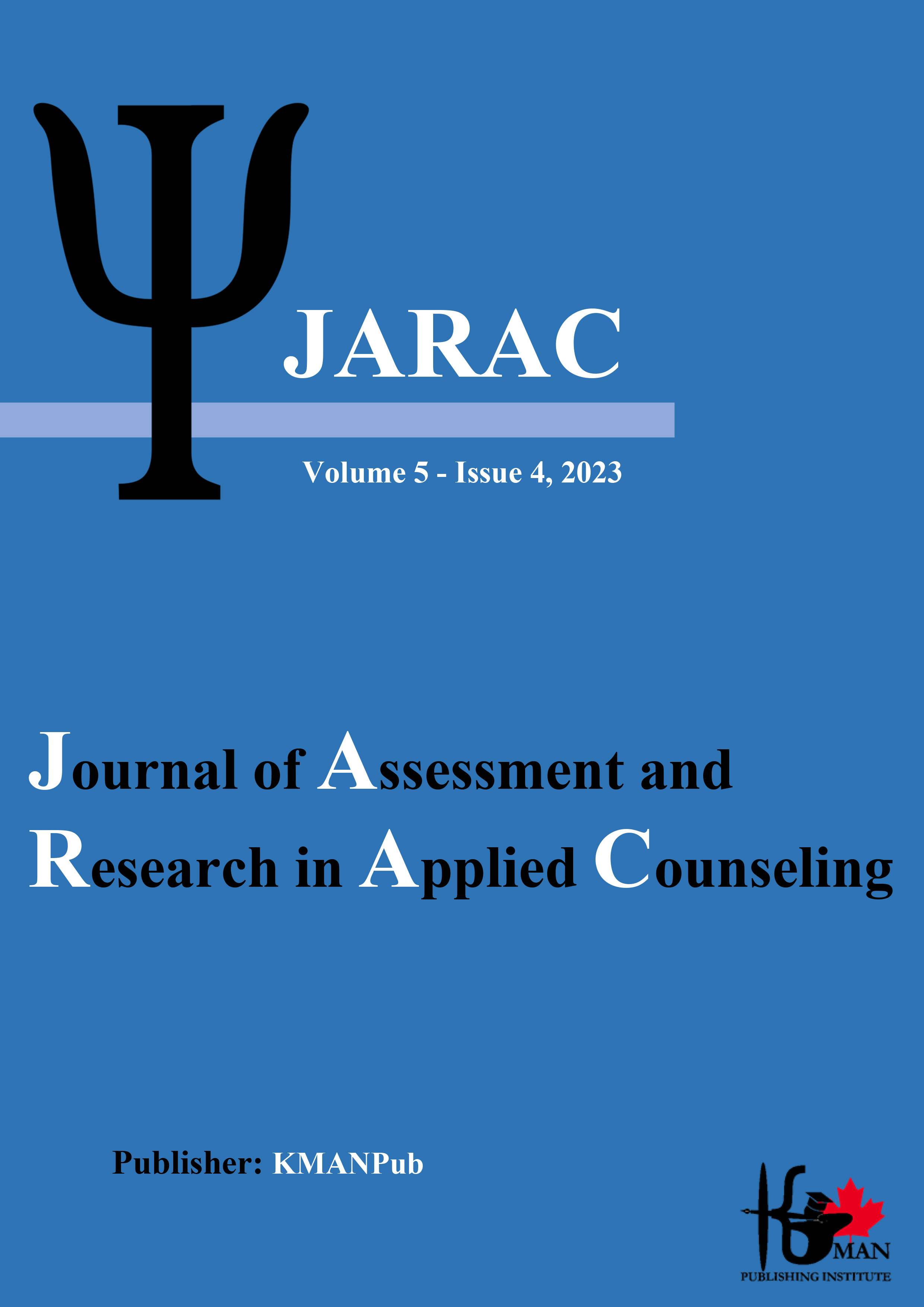Comparison of the Effectiveness of the Premarital Awareness and Interpersonal Choices Program (PICK) and the SYMBIS Premarital Model on Girls' Attitudes Toward Marriage
Keywords:
premarital counseling, Awareness and Interpersonal Choices Program, SYMBIS, attitude toward marriage, girlsAbstract
Objective: The aim of the present study was to compare the effectiveness of the Premarital Awareness and Interpersonal Choices Program (PICK) and the SYMBIS Premarital Model on girls' attitudes toward marriage.
Methods and Materials: This research is a quasi-experimental study (pre-test, post-test with control group and one-month follow-up). The statistical population of this study included single female students over 30 years old at the Islamic Azad University, South Tehran Branch. After a call for participation at the university (through advertisements and social media networks of the students), 45 female students who met the research criteria were selected from 53 volunteers using the Braaten and Rosen (1998) Attitude Toward Marriage Questionnaire. They were randomly assigned into three groups: 15 girls in the Premarital Awareness and Interpersonal Choices Program group (Van Epp, 2006), 15 girls in the SYMBIS Premarital Model group (Parrott & Parrott, 2016), and 15 girls in the control group. Data were analyzed using repeated measures ANOVA.
Findings: The results showed that the premarital intervention programs, both the Premarital Awareness and Interpersonal Choices Program (PICK) and the SYMBIS Premarital Model, were effective on optimistic attitudes toward marriage (F=32.86, P=0.001), pessimistic attitudes toward marriage (F=91.51, P=0.001), and idealistic attitudes toward marriage (F=22.37, P=0.001). The results of the Bonferroni post hoc test indicated that this effect was stable at the follow-up stage. Also, no significant difference was observed between the effectiveness of the two approaches.
Conclusion: Based on the results, it is essential to use premarital education methods based on the Awareness and Interpersonal Choices Program and the SYMBIS Premarital Model to improve attitudes toward marriage and dysfunctional beliefs about marriage in girls on the threshold of marriage. Therefore, psychologists and marriage therapists can use premarital education methods based on the Awareness and Interpersonal Choices Program and the SYMBIS Premarital Model alongside other educational methods to improve girls' attitudes toward marriage.
Downloads
Downloads
Additional Files
Published
Issue
Section
License
Copyright (c) 2023 Sajad Hashemi (Author); Masoumeh Behboodi (Corresponding Author); Farideh Dokanehi Fard (Author)

This work is licensed under a Creative Commons Attribution-NonCommercial 4.0 International License.















